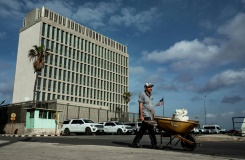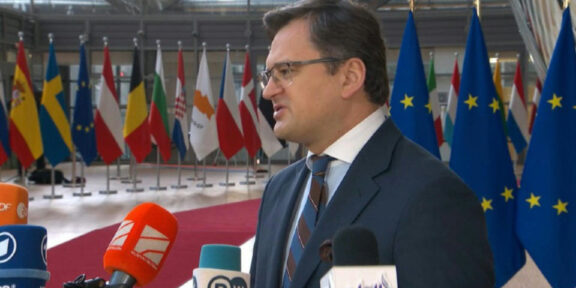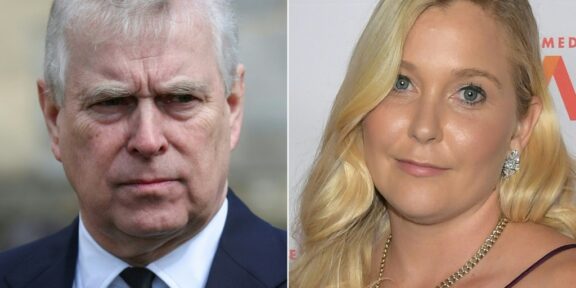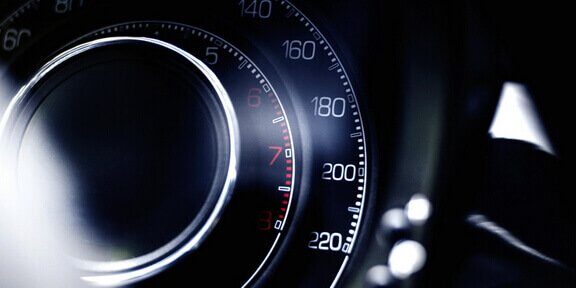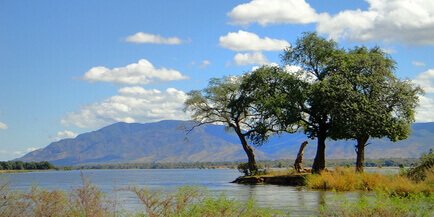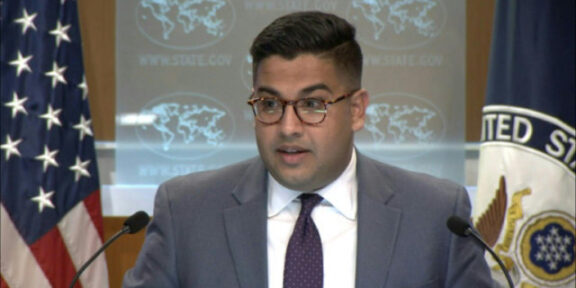Serbians headed to the polls Sunday in elections that will likely see President Aleksandar Vucic’s populist party extend its rule, with the strongman leader promising stability and vowing to curb inflation after months of protests.
Even though Vucic is not personally on the ballot in Sunday’s parliamentary and local elections, the contest will be largely seen as a referendum on his government.
Vucic’s right-wing Serbian Progressive Party (SNS) had a double-digit lead over the leading opposition coalition, according to the latest poll by Ipsos.
But the SNS faces hard-fought municipal races in the capital Belgrade, particularly from the loose coalition of opposition parties and candidates running under the Serbia Against Violence banner.
The movement was formed in the wake of back-to-back mass shootings earlier this year that spurred hundreds of thousands to take to the streets, in rallies that morphed into anti-government protests that lasted months.
Vucic has repeatedly dismissed his critics and the protests as a foreign plot, warning that Serbia would be directionless without his leadership.
– ‘Landslide’ –
As voting got underway Sunday, Vucic beamed with confidence.
“I expect a landslide victory,” he told journalists. “Serbia has a lot of important work to do in the period ahead.”
The opposition, however, continued to anchor its hopes on high turnout.
“I hope that by the end of the day, we’ll have a big turnout in Belgrade and all over Serbia, and that the voters will have the freedom to express their will,” said Dobrica Veselinovic, an opposition leader with the Serbia Against Violence movement.
Vucic was omnipresent ahead of the vote — plastered on billboards and skyscrapers and the focus of wall-to-wall coverage on news channels.
By the time polls opened at 7:00 am (0600 GMT), lines had already formed in Belgrade as people waited to cast their ballots.
“I came early to support our president, he must continue his work,” said Stojan Milenkovic, a 67-year-old retiree.
Others were hoping the contest would bring change to the country’s political scene.
“I hope the results will put an end to the devastation of our capital,” Milica Pavkov, a 28-year-old cashier, told AFP.
Along the southern border, hundreds of ethnic Serbs from the former breakaway province of Kosovo crossed into Serbia to cast their votes.
The voters loaded onto over a dozen buses and spent nearly two hours crossing the border, following the failure of Belgrade and the Pristina government to iron out a deal that would have allowed the Serbs to vote inside Kosovo.
Posts on social media later fuelled rumours that the government was allowing unregistered voters from neighbouring Bosnia to cast ballots illegally in the election.
Prime Minister Ana Brnabic dismissed the claims, accusing the reports of spreading chaos.
– Muzzled media –
Like many countries across the globe, Serbia has been battered by double-digit inflation.
To blunt the hard edges of rising prices ahead of the elections, Vucic unleashed a barrage of state spending including pension increases and cash payouts to the elderly.
He has also vowed to double average monthly salaries in the coming years, while further raising pensions.
Vucic has used his more than a decade in power to consolidate control over the levers of power, including de facto control over the media.
He called the snap elections in November, the latest example of how governments under his rule rarely serve out their term — a move critics say is designed to keep the opposition off balance.
The contest comes less than two years after the last round of presidential and parliamentary voting, which saw Vucic and the SNS tighten their grip on power.
Polling stations are set to close at 1900 GMT, with unofficial results due later in the evening.
Yeswecanvt


